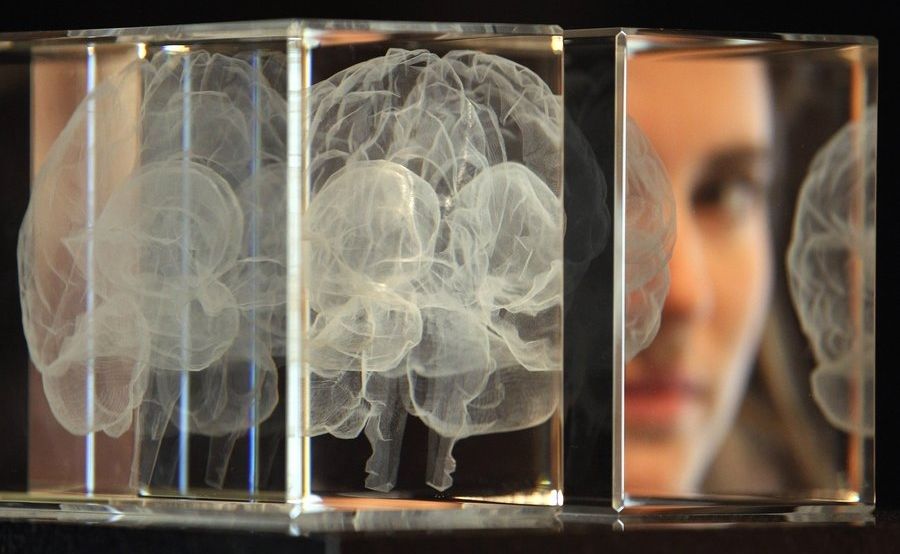DARPA scientists think they can use insects to deliver genetic changes to crops.


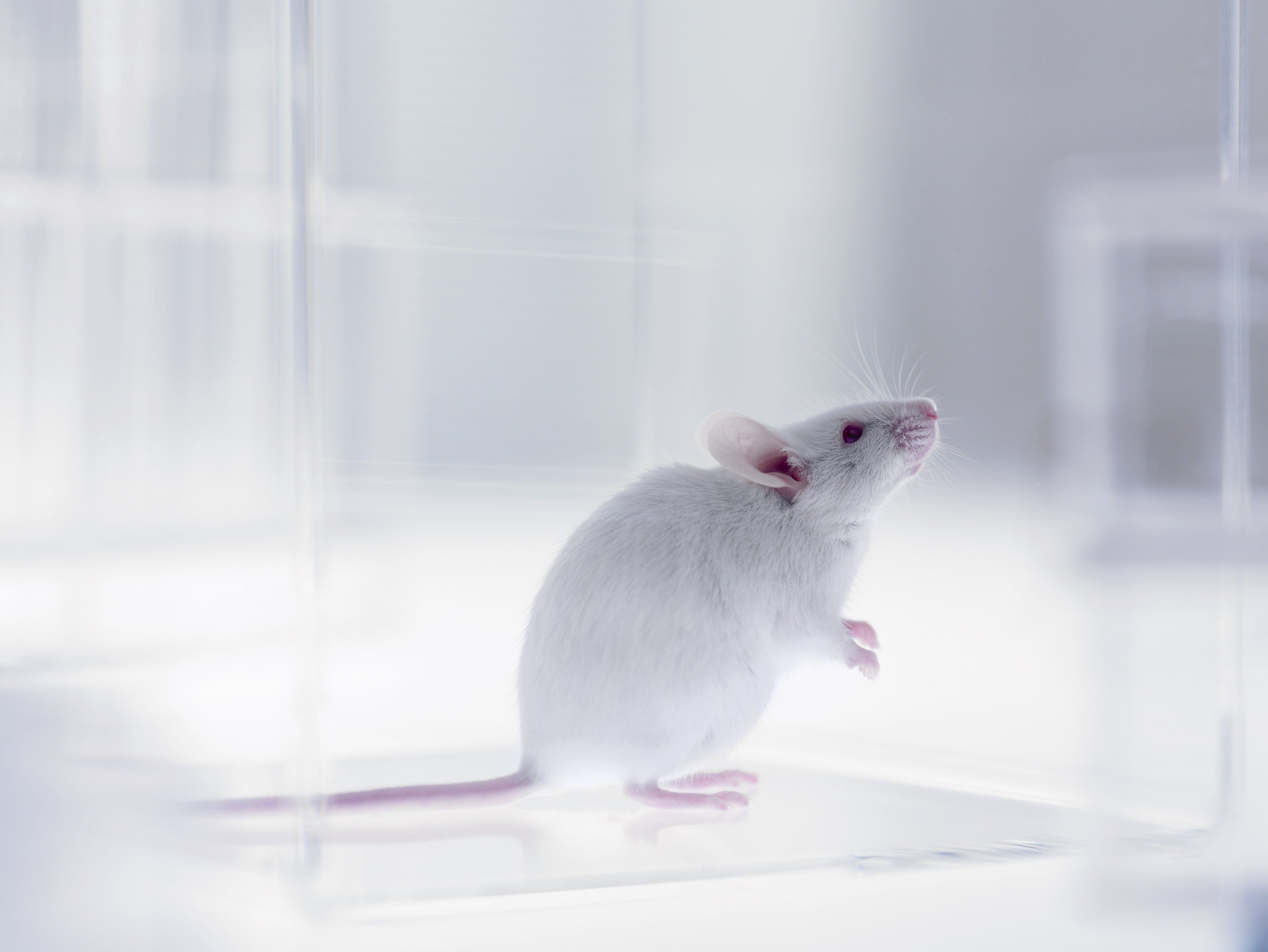
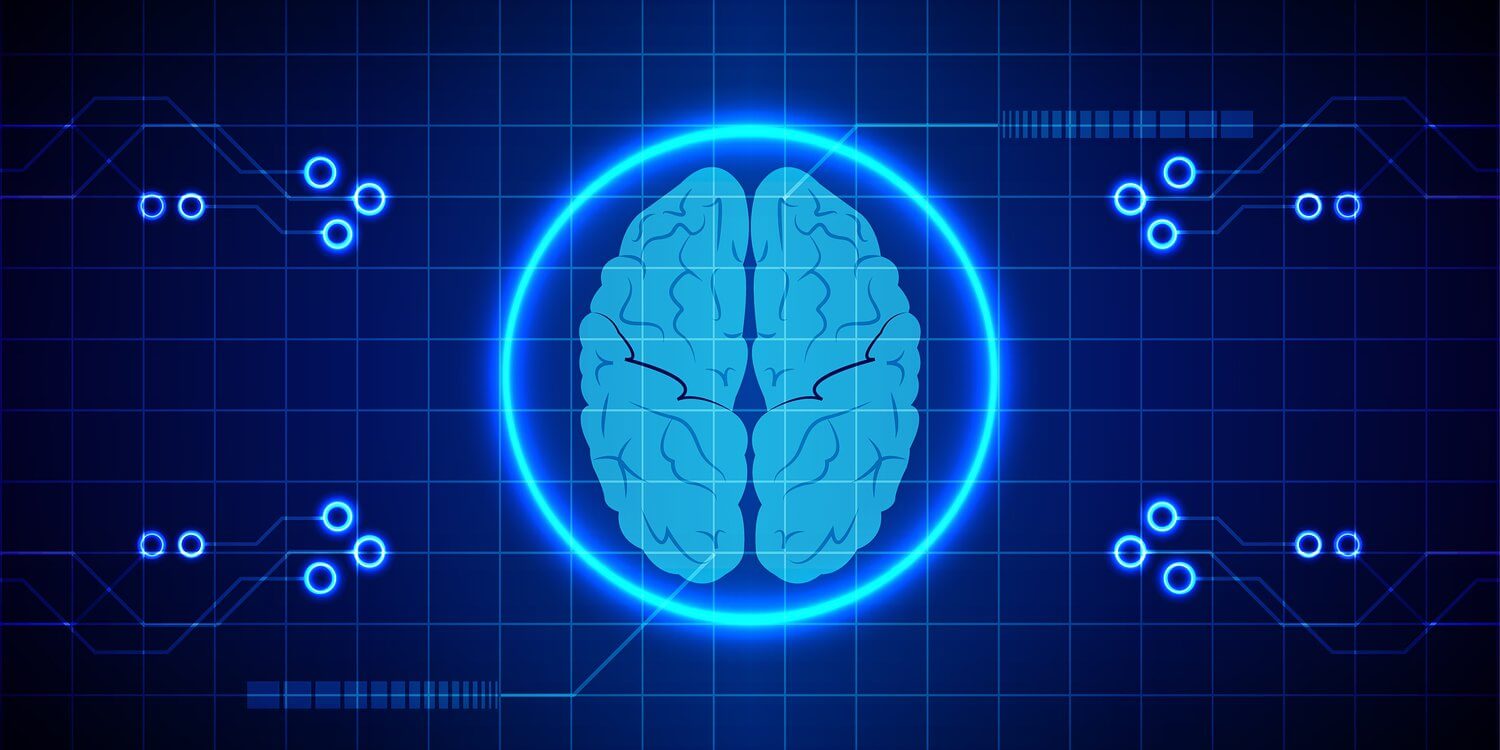
That’s the bad news.
The good news is that mental health professionals have smarter tools than ever before, with artificial intelligence-related technology coming to the forefront to help diagnose patients, often with much greater accuracy than humans.
A new study published in the journal Suicide and Life-Threatening Behavior, for example, showed that machine learning is up to 93 percent accurate in identifying a suicidal person. The research, led by John Pestian, a professor at Cincinnati Children’s Hospital Medical Center, involved 379 teenage patients from three area hospitals.
An Australian hospital is building a facility dedicated to 3D-Printing organs.

In Brief

Lmao.
Fertility clinics probably aren’t the most comfortable places to “extract” sperm. I haven’t had the pleasure, but being handed a receptacle and led into a room with visual aids and hearing that door close behind you has to be a bit awkward. More awkward is the thought that everyone outside this room knows the dirty things I’m about to do to this cup in the name of science.
A new product, ‘YO Sperm Test,’ lets you skip all that. The at-home test kit uses a mini-microscope that clips on to your smartphone and allows you to not only test your sperm’s motility — the rate at which they move — and the count, but to view your little swimmers on the screen of your smart device.
Join us and 20,000 others at our 12th edition of TNW Conference. 2-for-1 tickets available soon.
The weekend is here so let’s kick it off with a great talk by Dr. Aubrey de Grey at TED in 2014.
Biotechnologist Aubrey de Grey talks about aging as a disease — and how it can be cured.
In the spirit of ideas worth spreading, TEDx is a program of local, self-organized events that bring people together to share a TED-like experience. At a TEDx event, TEDTalks video and live speakers combine to spark deep discussion and connection in a small group. These local, self-organized events are branded TEDx, where x = independently organized TED event. The TED Conference provides general guidance for the TEDx program, but individual TEDx events are self-organized.* (*Subject to certain rules and regulations)
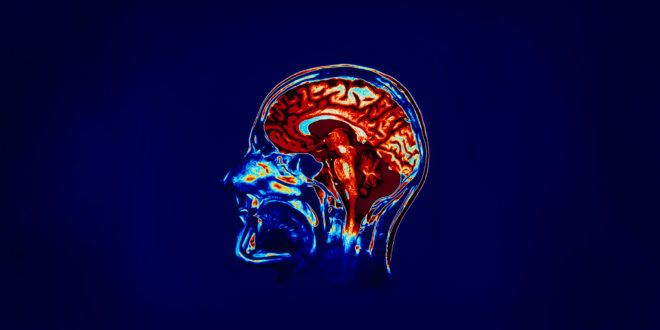
In an epidsode of the dystopian near-future series, Black Mirror, a small, implantable device behind the ear grants the ability to remember, access, and replay every moment of your life in perfect detail, like a movie right before your eyes.
Theodore Berger, a biomedical engineer at the University of Southern California, can’t promise that level of perfect recall—perhaps for the better—but he is working on a memory prosthesis. The device, surgically implanted directly into the brain, mimics the function of a structure called the hippocampus by electrically stimulating the brain in a particular way to form memories—at least in rats and monkeys. And now, he’s testing one that could work in humans.
Berger’s device hinges on a theory about how the hippocampus transforms short-term memories, like where you deposited your keys, into long-term memories—so you can find them later. In his early experiments, he played a tone and then puffed air in a rabbit’s face, causing it to blink. Eventually, just playing the tone would make the rabbit blink, just like Pavlov’s famous salivating dogs. Berger recorded the hippocampus’ activity with electrodes, and as the rabbits learned to associate the tone with the air puff, patterns in those signals changed in a predictable way.
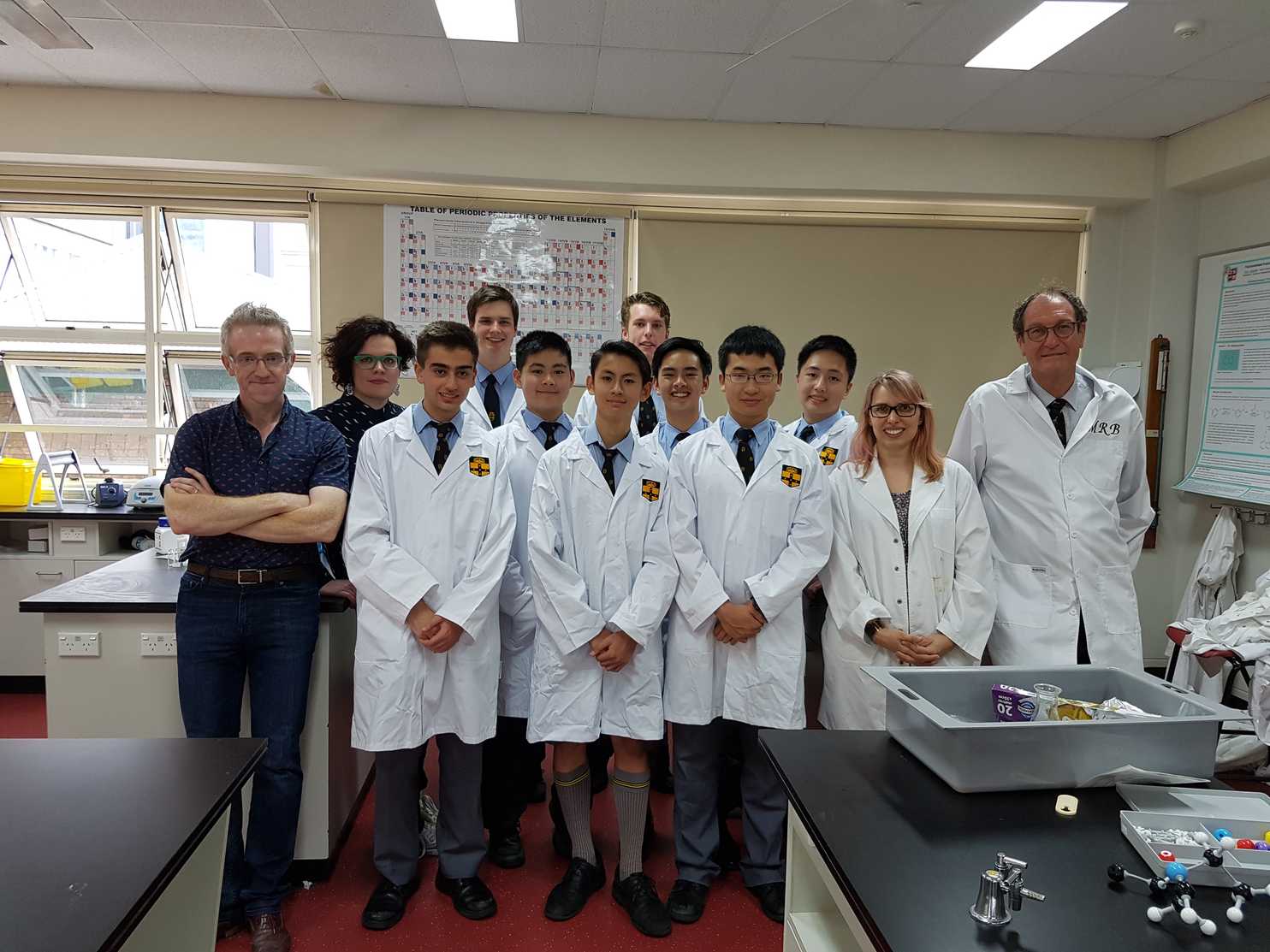
Last fall, the biotech executive Martin Shkreli became widely reviled for hiking the price of a life-saving drug by more than 4,000 percent overnight, to $750 per pill.
Public outrage at Shkreli has apparently reverberated all the way to a high school science lab in Australia, where a group of 11th grade students claim to have proven a point: the drug can be made for much, much cheaper.
The group of 11 high school students, ages 16 and 17, successfully recreated the drug, Daraprim, for a mere $2 a pill, according to scientists from the University of Sydney.
